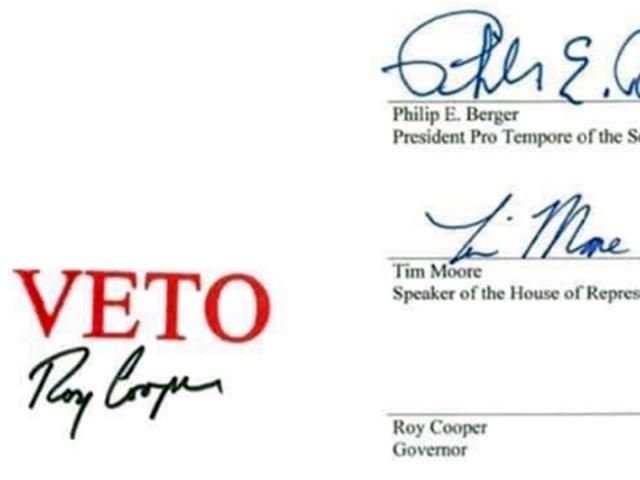
An asteroid named 2024 MK will make a close approach to Earth on Saturday, June 29. The asteroid was first discovered two weeks ago and is estimated to be between 120 meters and 260 meters in diameter. It will pass roughly 290,000 km from Earth at its closest point. Smaller asteroids fly by Earth every few years, but this one is notable due to its size.
The asteroid was first spotted by a South African observatory and was later tracked by NASA's Center for Near-Earth Object Studies. Asteroid expert Davide Farnocchia noted that asteroids of this size fly by every 25 years or so. For those interested in spotting the asteroid, it will be visible with a small telescope and will appear to be moving quickly across the southern sky.
Viewers in the Southern Hemisphere have the best chance of seeing it since it will appear higher overhead. Those in other regions may want to wait until Saturday night when it may be less bright but easier to spot without interference from sunlight.
While 2024 MK is expected to pass safely by Earth, another asteroid named Apophis will fly by in 2029 and will be visible to the naked eye from parts of Europe, Africa, and Asia. This asteroid is much larger at 320 meters wide.
In other news, Republicans in the North Carolina House overrode three of Governor Roy Cooper's vetoes on Wednesday. The first veto to be overridden was House Bill 198, which dealt with transportation legislation and protected redbud trees from excessive cutting by billboard companies. Rep. Tim Longest urged his colleagues to vote against the override and protect these trees, but the bill passed nonetheless.
The second veto that was overridden was House Bill 834, which modified the definition of a 'delinquent juvenile' and sent more 16- and 17-year-olds to the adult court system. Rep. Marcia Morey reminded her colleagues that juvenile justice is not a slap on the wrist and urged them to vote against the override, but her argument did not sway those in the majority.
The final veto override of the day was for House Bill 237, which included provisions related to masks and campaign finance laws. The bill initially sought to regulate mask-wearing in public but was later revised to require people to wear medical-grade masks and only allow them for preventing the spread of contagious disease. It also created new civil and criminal penalties for protesters who block roads, with protest organizers also being sued.
Governor Cooper vetoed the bill due to concerns over campaign finance laws, but Republicans argued that it would help level the playing field in this year's contest to replace Cooper as governor. The bill passed despite Democratic opposition.



